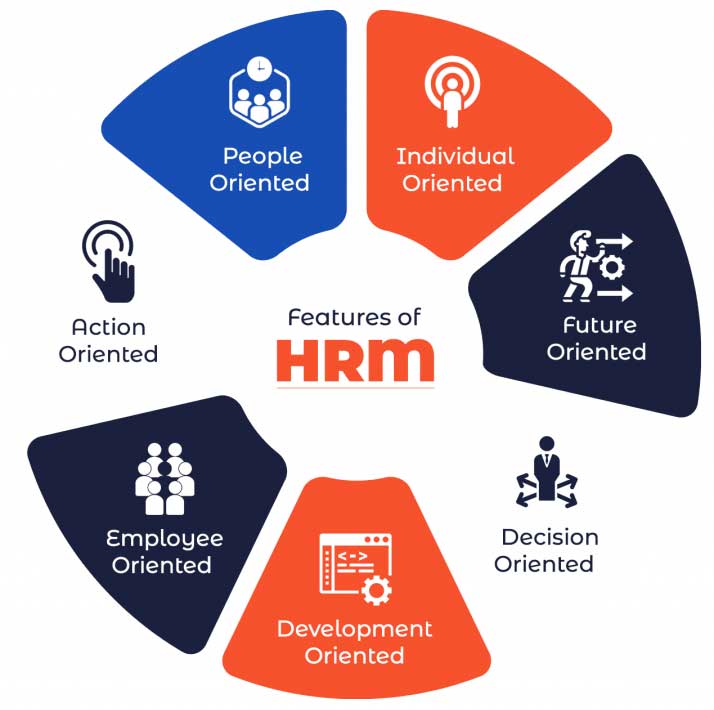MBA in Human Resources Management
Program Overview
MBA in HR deals with information and knowledge about the management of an organization's workforce. This program teaches students the importance and method to understand an organization’s vision, clients, working system, and culture. This program also teaches how an HR professional can work towards ensuring the welfare of a company’s employees. An HR manager has a crucial role to play in any establishment.
Today the HR team is not just responsible for recruiting and training new employees or managing compensations and employee relations.
The HR function jobs now involve strategic decision-making or handling special situations related to mergers or layoffs.

Benefits of Studying MBA in Human Resources Management
Gain broad knowledge of business strategy and principles
Learn to create effective talent management programs
Build change management skills
Understand legal and compliance issues
Prepare for leadership positions
Increase your earning potential
DURATION
LANGUAGE
FORMAT
INTAKE
Teaching Approaches
This program provides a comprehensive overview of human capital planning and compensation. The course topics include job analysis, job description, and job evaluation; designing a base pay structure and team-based pay in a knowledge-based world; rewards through compensation and non-compensation dimensions; measuring and paying for performance; and short-term and long-term incentives.
The program explores the effective and powerful use of workforce analytics in the changing nature of human resources. Topics covered include the workforce analytics leader, a model for purposeful analytics, basics of data analysis, a review of five case studies using an eight-step methodology, engaging with stakeholders, building capability, and finally, establishing an operating model.
Advanced study of corporate/business finance and addresses five major areas:
The corporation and financial statements; time, money, and interest rates; valuing projects and firms; risk and return, and capital structure.
PROGRAM OBJECTIVES
- Provide the student with a broad and comprehensive overview of human capital.
- Provide the student with a broad and comprehensive overview of compensation.
- Enable the student to conduct a job analysis, write a job description and perform a job evaluation.
- enable the student to design a base pay structure and a reward and incentive program.
- Enable student to understand and be able to use workforce analytics and become an effective workforce analytics leader. Students will learn how to use an eight-step methodology, to engage with stakeholders, build capacity, and establish an operating model.
Program Structure
- ٍٍ9 Standard core courses.
- 3 Program specialization courses.
Standard Core Courses
- Manager Development
- Organizational Behaviors
- Leadership
- Project Management
- Supply Chain
- Marketing & Sales Management
- Accounting and Financial Management
- International Business
- Strategic Management
Specialization courses
- Human Resources Management
- Advanced Human Resources Management
- Human Capital Planning and Compensation

